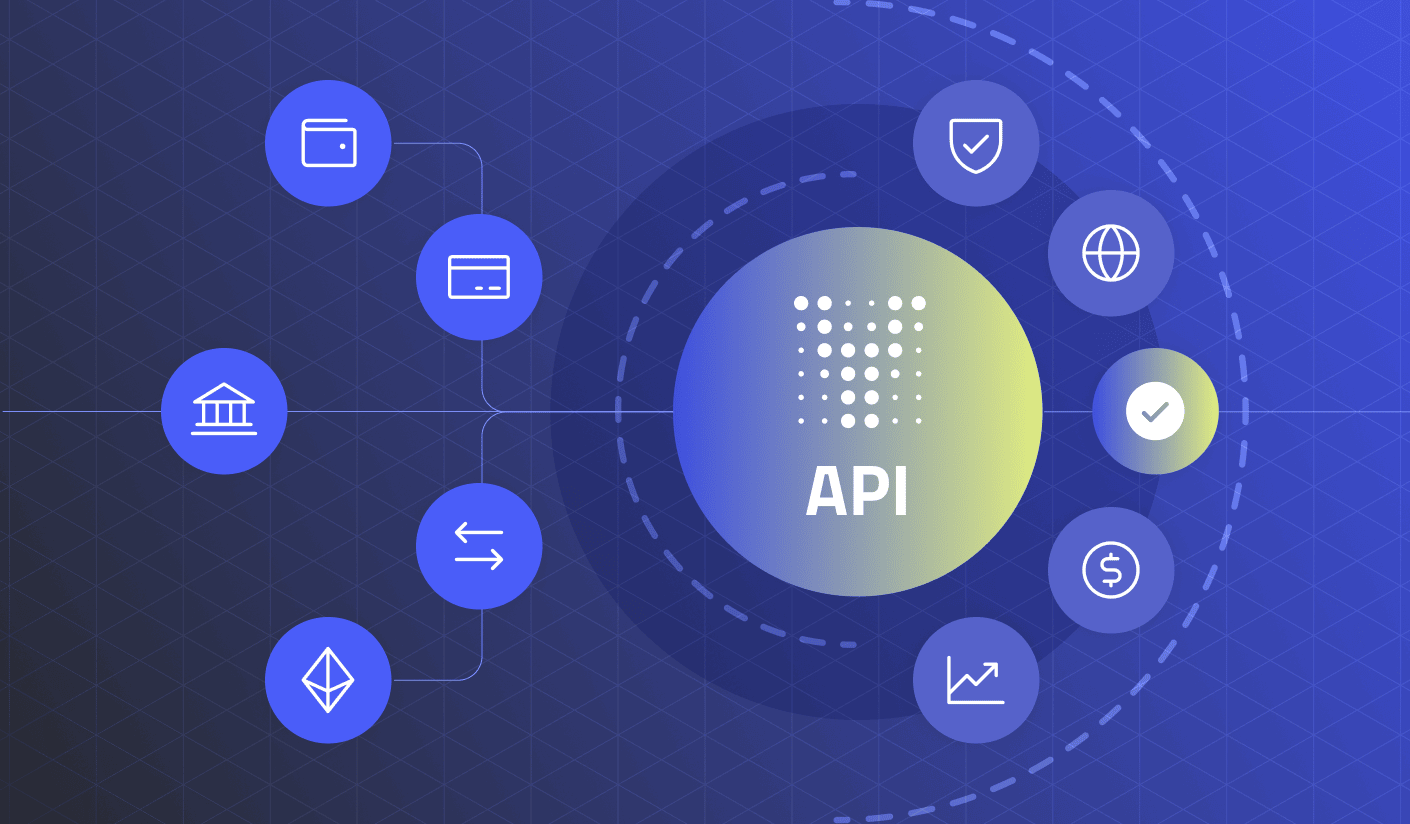Payments Unpacked: A consumerização dos pagamentos comerciais

Neste episódio de Payments Unpacked, Carol Grunberg, Diretora de Negócios da Yuno, conversa com Gloria Colgan, Vice-Presidente Sênior e Chefe Global de Produtos e Soluções Comerciais da Visa, ex-Diretora de Marketing da Velo Payments e ex-presidente da PYMNTS.com. Ela também é membro fundadora da How Women Invest e membro do Conselho Executivo da How Women Lead.
Ao longo de sua impressionante carreira no setor de pagamentos, Gloria ajudou a promover uma mudança fundamental na forma como as pessoas pensam sobre pagamentos. Agora, como Chefe de Produto da Visa Commercial Solutions, ela quer criar um futuro onde as senhas sejam uma relíquia do passado, as equipes de pagamentos utilizem a IA para maximizar a produtividade e as empresas possam expandir-se sem problemas pelo mundo. Mais importante ainda, ela está ajudando a impulsionar a "consumerização dos pagamentos comerciais" — capacitando as empresas a experimentar as mesmas experiências de pagamento rápidas, sem atrito e seguras que os consumidores desfrutam.
Ouça o episódio completo abaixo enquanto Carol e Gloria exploram as principais tendências que estão remodelando o setor de pagamentos, a importância de trazer diversidade para a sala de reuniões e muito mais.






.png)





